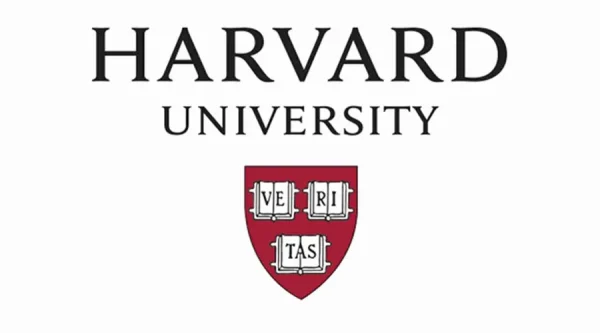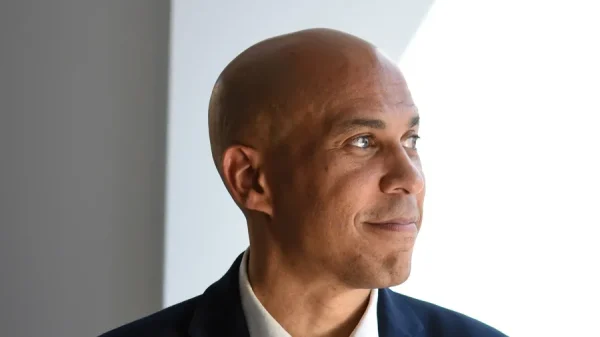SAT scandal leaves students across the nation upset
As a heavy emphasis is placed upon the SAT for college admission, students across the nation were fed up upon noticing unfair discrepancies in the past two SAT tests.
Among the June SAT scores, students noticed that the scoring curve on the test seemed to be too unforgiving.
“I got 30 points taken off for missing one question in the math section, which I think is a little extreme,” said Humanities senior Kenny Xu, who did not enjoy the benefits of the curve.
National outcry from students reached the College Board, and its response was that the curve was applied to promote consistent scores across the various tests that had been administered this year, which some interpreted as a way of trying to compensate for a seemingly less difficult test.
“I don’t think students should be punished for an ‘easy’ test,” said Xu. The idea of an easy tests is not uncommon — students often say that the June test is easier than the others, and speculate that perhaps this results from it being right after Advanced Placement (AP) exams.
The issues with the SAT have not stopped since June. In fact, both the August and September SATs came from tests that had already been released internationally. The questions were recycled from a test that was administered in the previous fall in Asia and used in testing centers in China and Korea. Therefore, some students were upset that their competitors had seen the questions — and answers — prior to taking the exam.
After the uproar from the August SAT, the College Board was bashed for not taking the feedback of many and making the same mistake twice.
“At this point, the SAT has become an unreliable way to measure a student’s aptitude,” Xu expressed.
This concept is widely debated right now— does the SAT adequately measure a student’s capabilities?
The answer may be no, according to John Katzman, founder and president of Princeton Review.
“The SAT only measures about 18% of things it takes to do well in school,” he explained in an interview with PBS Frontline.
He uses a metaphor of basketball free throws to describe the grey area of standardized tests such as the SAT. Some of the best basketball players may be horrible at free throws, but are stronger in other areas. The problem is that the free throw test, just like the SAT, doesn’t shine light on these other talents.
Considering this argument and the “unfairness” of two recent SATs, many people want to do away with the SAT altogether. Many students feel they aren’t given a chance to fully demonstrate their intelligence and capabilities, and the scoring discrepancy as well as advantages that result from it frustrate them.
“I don’t believe that the SAT showcases my abilities as a student, and with all the scandals lately, it’s even more clear that it is an inaccurate reflection of knowledge,” claims Rachel Ssentongo, a Humanities senior who shares this viewpoint.
Any possible advantages in the most recently administered SAT have not been brought to the attention to the public on such a wide scale as prior tests, if there were any.

Rachel Ryan is a senior in the Humanities House. This is her third year working for the Poolesville Pulse, and she is looking forward to another year of...










